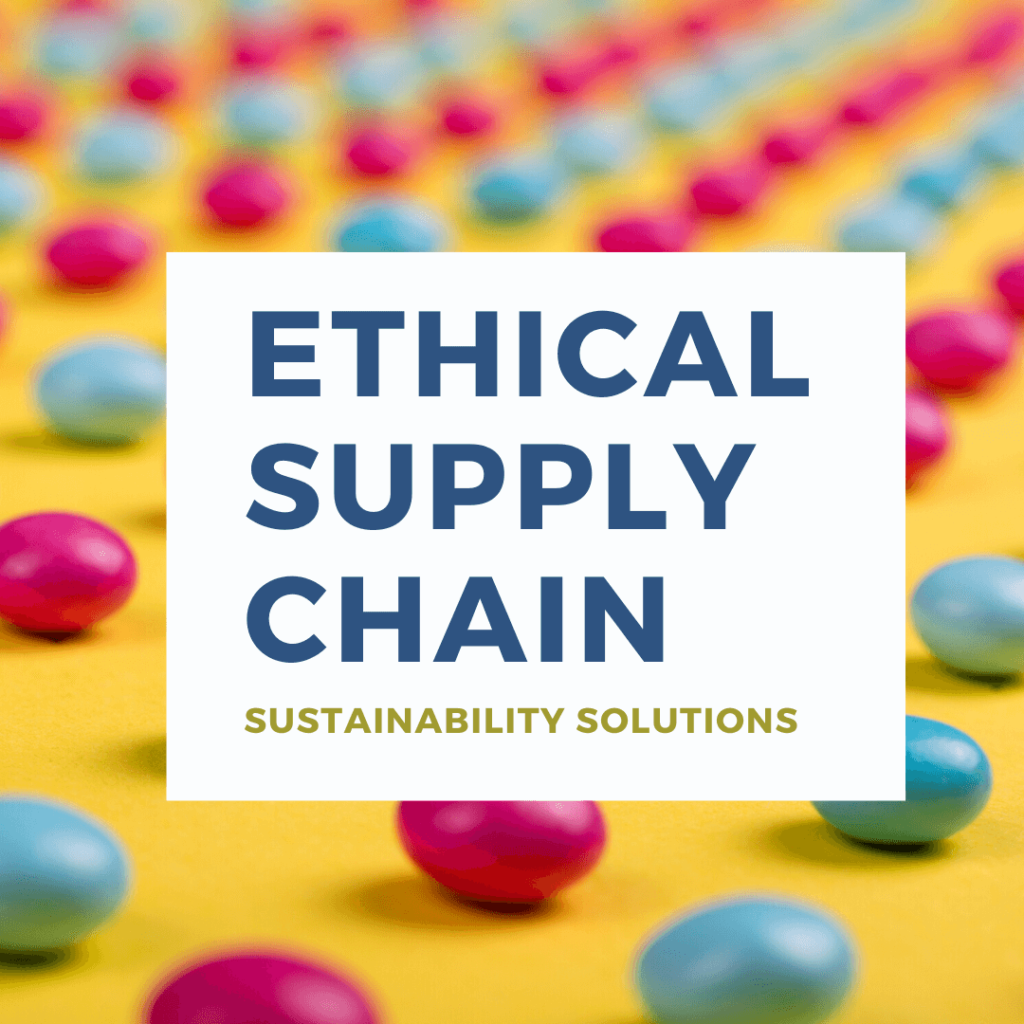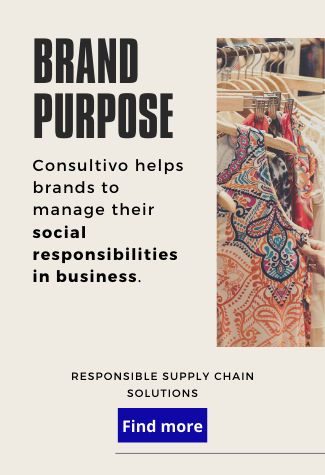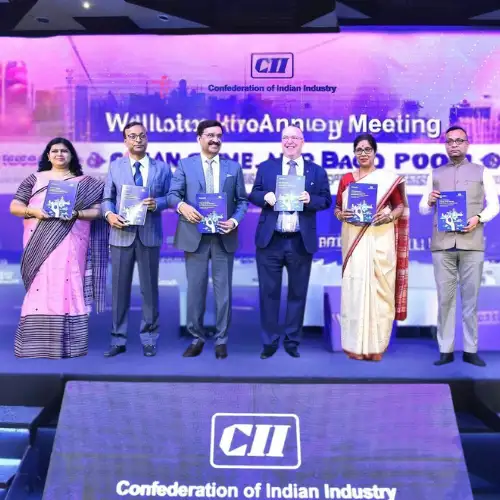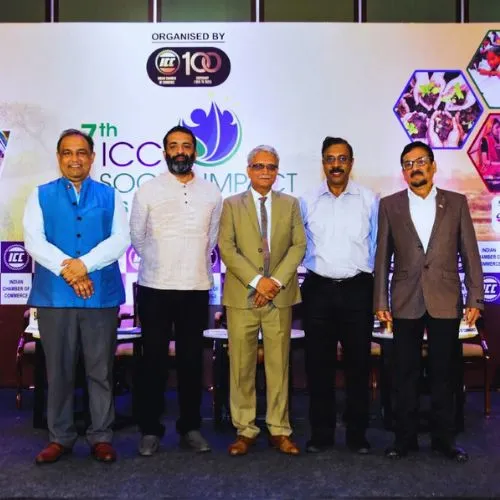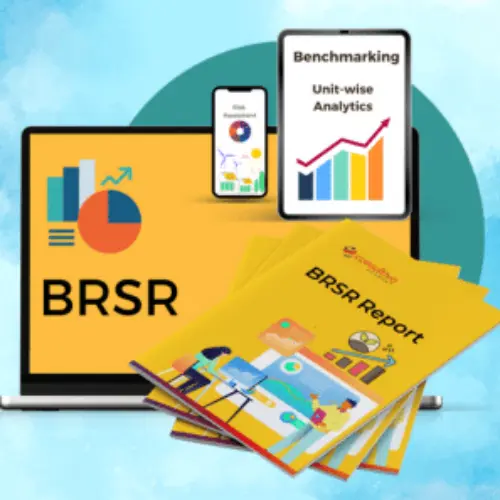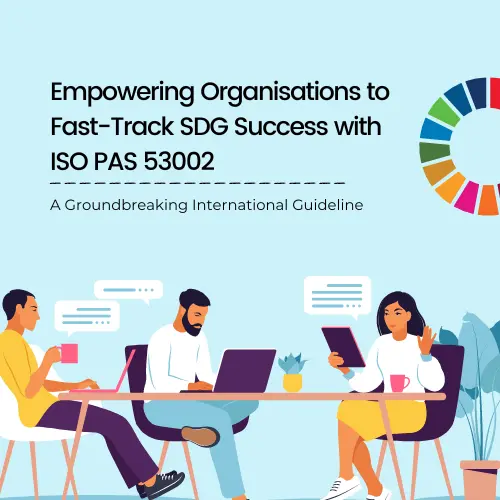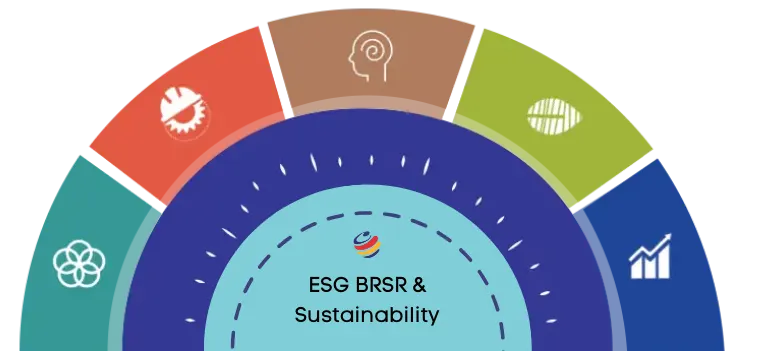Social responsibility of business and ethical business issues – Read this story on the transforming trend and the new value consumers are looking for.
In the spring sunshine, my grandma came up to my room with her divine smile. That afternoon was warm and lazy. She coughed twice, and said, “Dear, I need your help”. I promptly replied, “Yeah, sure!”. “This summer is bothering me too much. I want to buy some soft cotton sarees. Can you help me to shop them online?” she asked politely.
I expressed in wonder, “What about your favourite girl, Rupa? I thought you are willing to buy only from her self-help group”.
Grandma unhesitatingly replied, “Yes, I love to buy from Rupa. She always comes home with such a nice range of collections. They work really hard on it. But now, she is unable to come. So, meanwhile, I was thinking of getting something online. But I’m eagerly waiting to meet her soon”.
She continued and said something which turns out to be the fundamental of social responsibility in business and the ethical business issues.
She said, “Most importantly, I feel good that the money I’m spending is directly making its way to the people who are weaving them”.
That’s how grandma always wins my heart with her simplicity. I have never seen her as an impulsive buyer, rather always a conscious consumer. Giving her a nod, I picked up my mobile and started searching for her requirement. But I was in a dilemma!
At most I can pick a product of a popular brand considering how good it looks and how convenient the price is. But how can I assure that this money would percolate down the economy? Or in another way, how do I know if the product is made by a brand that takes care of the social responsibilities of business?
As I was searching, there were a lot of product details and information available. But hardly could find anything about how it is being produce.
The journey from source to shelf reflecting the social responsibility in business
I wanted to drill down to know what the concept of the responsible supply chain is all about. The supply chain doesn’t merely involve moving of raw materials or products in a systematic flow to end in the delivery of the final product. It, in fact, involves the interaction of human beings at each step giving rise to numerous issues. Most of the time, we tend to forget these interacting elements and just focus on the final product or outcome.
At a glimpse, here are the 5 elements of the ethical supply chain.
These ethical business issues remain under wraps. These issues demand to be recognised and addressed as a part of the social responsibility of business. With the advent of advancing communications, this news is reaching the consumers. The journey of an “ethical consumer or shopper” has started. The consumer’s expectations are rising high.
Codes, standards, and laws related to the social responsibilities of business
I came across the standards that set requirements and guidelines to manage ethical business issues. ETI Base Code, SA8000, ISO 26000, ISO 14001, SMETA are a few of the international requirements guiding social responsibility in business across the supply chain.
International Labour Organisation (ILO) has many such advisory and guidelines that set the basis of legal requirements of different countries.
Assurance and certification programs for social responsibility in business
I started searching and to my utter surprise, I found hundreds of assurance and certification programs are available on earth to ensure that the company manages ethical business issues.
In fact, different commodities have different assurance programs. However, most of them follow a similar framework and issues related to social responsibility in business.
As a consequence, this opened up my heart, just not the eyes. Really, there are so much more to just a product.
I tried to know the source of the product. Whether it is helping to provide and sustain rural employment. What percentage of the artisans are getting out of the tagged price?
But it saddens me to know that ethical purchasing is till now a ‘Good To Have’ concept. It’s not yet a “Must Have Criterion” in most of the developing and the (even in the) developed economies.
However, the scene seems to be brighter in certain developed countries where the consumers are aware of ethical business practices.
In addition, they stand for this purpose. But humans are humans, anywhere in the globe. In fact, the developing countries are majorly the ones who are producing due to the cheaper labour force. Therefore, social responsibility in business should be taken care of right over here.
I came across a survey data which shows the transforming trend of the consumer’s choice in India.
59% of consumers in India
want companies to take a stand on the social responsibility for business, cultural, environmental and political issues close to their hearts.
Is it not a shame to be a consumer of a product that has exploited the toil of the real makers?
In this context, I can recall some glimpses from a trip long back. We were enjoying the beauty of nature while travelling across a village. We saw some village girls were washing boutique clothes in a pond.
Out of curiosity, we took a halt there. What a mess! All the chemical dyes were directly polluting the environment. Not sure if they were even aware of the local rules and regulations, forget about ethical business practices. Moreover, it had an impact on humans too. Rashes were visible on their skin.
I asked one of them, “Isn’t there an alternative to use harmless colours instead? Or at least why don’t you use hand gloves?”. They only stared at me with an open mouth. I could not overlook the wave of pain on their face. One young girl muttered, “It’s a costly affair. We are not in a position to claim and choose. Our daily wage does meet our livelihoods. If we demand those, we will be jobless”. A guilty feeling wrapped me up.
Unknowingly, we are making offences! Indefensible offences. Being true to oneself is important than anything else.
66% of consumers globally
find transparency and ethical business practices as one of the most attractive features of a brand or business.
But as a commoner, how can I make decisions based on the social responsibility of business?
Such questions are constantly coming here along – How can I be sure of responsible purchasing? Who will ensure ethics and quality? Is there any third party mechanism or matrix? We need a simplified guideline to make better decisions.
Despite the fact that not every company currently prioritises responsible sourcing, but a long term trend is turning towards supply chain sustainability.
More than 50% of consumers
in the developed economies are disappointed by a brand’s words or actions on a social issue complain about it.ICC-Consultivo Knowledge Report | DOING WELL BY DOING GOOD
Mapping the CSR space in India
Business ethics and social responsibility of business – the new value consumers are looking for
Consumers are now moving into an ecosystem where they have the power to choose among competitive socially responsible brands that manage ethical business issues and corporate social responsibilities well. Brands are just not an emblem but a movement. Social responsibility in business is just not an activity. It shows the organization’s concern for the environment and society and how much they are creating social impact. It must percolate down to the base of the pyramid. This should be communicated to the end-user in a simplified way.
Consumer’s choice and behaviour can reshape how brands perceive creating value. It’s the time when transparency, values and business ethics stands strong.
More than 50% of consumers
believe their individual actions can influence social responsibility in business. Activities like speaking out on social media, supporting the purpose-led brands etc. can make a difference in how brands perceive.
We need to be the voice.
While considering a brand, need to look into how they manage the ethical business issues and do they really meet the requirements of social responsibility in business.
That’s how we can use our purchasing power as a shout out message that ethical sourcing and manufacturing is our priority.
This would supercharge the brands to figure out how to meaningfully manage ethical business issues across their supply chain. They will go the extra mile to be socially responsible. An ethical business will navigate the consumers, will become the lighthouse for consumers’ choices. The brands will assure that every product we purchase, the amount will make it’s way to the people who deserve it. It’s a win-win scene. Brands will create a larger value with their sustainable practices. The people across the supply chain would be recognised.
Around 70% of the younger generation
are willing to choose only those brands to stand for their values and social responsibility in business.
This is a piece of great news as the purchasing power of the GenZ is booming. As a conscience, they are in a powerful position in encouraging sustainability practices. They highly influence their family’s consumption pattern as well.
Social responsibility of business – what value does it really bring to society?
It brings back dignity to the bottom of the pyramid.
I finally bought my grandma’s saree which as per my information and analysis is humane in the total process.
Still, I am not sure if it’s made up of sustainably grown cotton in environmentally friendly safe working conditions.
I don’t know if a reasonable part of my money is reaching the deserved beneficiaries like farmers and the weavers.
But I’m hopeful as a consumer to know about the responsible sourcing of a product, soon or sooner.
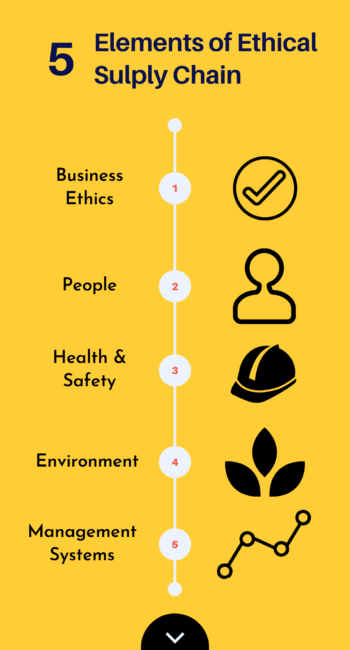
Consultivo helps global organisations in sustainable supply chain management to enhance brand purpose.
Know more on Consultivo Solutions in Sustainable Supply Chain Management
About Consultivo
Consultivo is a management advisory and consulting firm helping global businesses in the areas of Sustainability, Business Excellence & Risk Management – both in strategic and operational levels.
Consultivo research and analytics wing works on industry, society and community oriented research programs on ESG, Sustainability and business risk in both qualitative and quantitative fields.
As an Independent and leading CSR Consultant in India, Consultivo offers CSR Strategy Consulting, Baseline and Need Assessment, Stakeholder Mapping and Engagement, CSR Project Monitoring and Evaluation, CSR Impact Assessment, SROI Assessment and CSR Communication Reporting.
Share this post
Category: Blog
Tags: Social & Sustainability, Ethical Supply Chain, Supply Chain Management
About the author
Lead – Communication, Consultivo
Medha Basu currently serves as the Lead – Communication at Consultivo (www.consultivo.in). In her role, Medha primarily works on communication, engagement, first mile activities and data analytics.
She is having 5+ years of experience in the sustainability consulting and advisory sector. As a communication professional, she knows perfectly what it takes for successful communication.
After her studies, Medha started her career with digital engagement and business communications. She picked up the flair of sustainability communication with a diverse exposure with 100+ sustainability solutions
Related insights
View more in Impact Stories | Blogs | Knowledge Bank | News and Events

